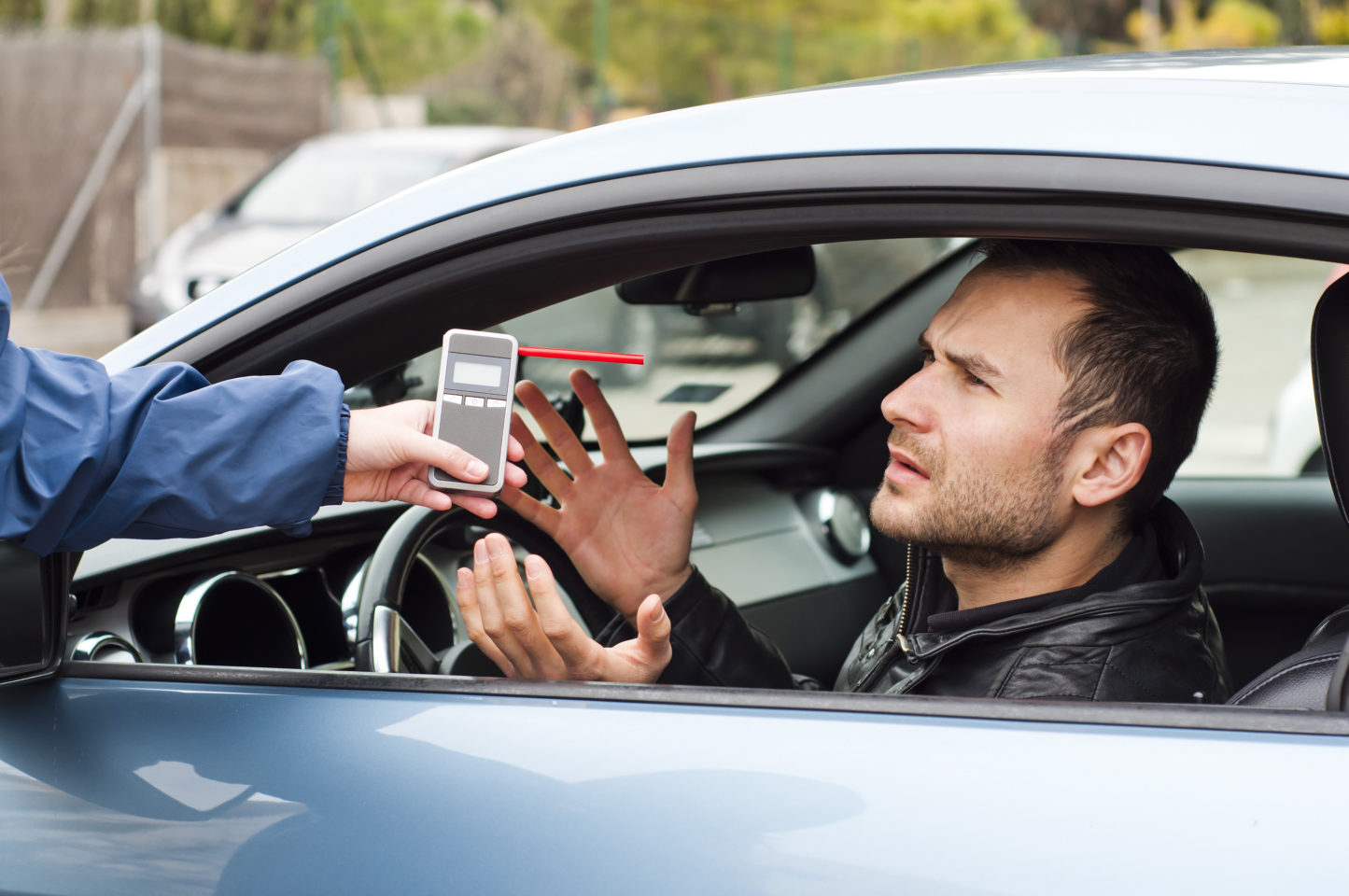
THC breathalyzer may be coming to a police station near you soon
Stoned drivers and weed-smoking workers take note: marijuana breathalyzers will soon be in the hands of police officers and employers.
In fact, marijuana breathalyzer prototypes have already been used for Covid-19 testing after some innovations enabled them to detect SARS-CoV-2 in the breath.
Marijuana breathalyzers have been in development for years and are finally nearing the launch pad as commercial products. Hound Labs, based in Oakland, Calif., Says the launch of its Hound Marijuana Breathalyzer, which can detect the presence of THC molecules in the breath, is imminent.
“The first commercial units of the Hound Marijuana Breathalyzer will be in customer hands this spring,” said Dr. Mike Lynn, an emergency physician who is the CEO and co-founder of Hound Labs, told High Times. “Production will increase later in 2021.”
This is bad news for high-profile workers. But it’s good news for employers looking to root out such behavior. And it’s good news for anyone with safety concerns about bong ripping motorists.
Hound Labs also adapted its breathalyzer for Covid-19 tests and found that it can detect it in the breath, similar to how it detects THC. Last year, Hound Labs in New York City partnered with Triple Ring Technologies to investigate super-spreader events.
The introduction of the Hound Breathalyzer could really mess up the situation for law enforcement agencies, drivers, employees, employers, and cannabis users. It is different from other drug tests in that it can test whether the person is currently high, as measured by the presence of THC molecules in the breath.
The developers of the Hound believe that THC molecules linger in the breath for up to four hours after smoking. This is different from urine tests, which show whether the person has used marijuana or other drugs in the past few weeks. You could be sober during the test, but still fail.
Dr. Lynn said the purpose of the device is “to maintain safety while recognizing that many employees have the right to use marijuana legally”.
An employer may not care if an employee smoked a pot last week, but they may want to know if their employees are stoned on the job.
“If employees legally smoke cannabis while grilling on Saturday night and their employers test their breath at work on Monday morning, the breath tests will be negative,” he said.
The device is a little different from alcohol breathalyzers, which measure drivers’ blood alcohol levels and allow police officers to determine if a driver has reached or exceeded the poisoning threshold.
The dog does not measure how stoned a person is. The presence of THC in the breath is considered enough evidence, according to Hound Labs, that the person was stoned at the time of the test.
Hound Labs isn’t the only one working on a marijuana breathalyzer. Vancouver-based Cannabix Technologies has released its THC Breath Analyzer for “beta testing” according to Rav Mlait, Chief Executive Officer. He said his company is focused on getting field usage data from his THCBA devices. That data would then be used to “shape” the Canadian process for detecting THC poisoning, he said.
The University of Pittsburgh has also developed a marijuana breathalyzer. Alexander Star, professor of chemistry and bioengineering as well as clinical and translational science, says that he has been making his breathalyzer prototype available to “interested trading partners” for analyzing the breath of marijuana smokers since 2019.
He said the Covid-19 pandemic had delayed the prototype’s approach to commercialization last year.
“Temporary laboratory closings and strict social distancing protocols do not create a favorable environment for hands-on laboratory research,” he said. “However, all challenges offer unique opportunities.”
He said his researchers started using the marijuana alcohol testing device’s sensor chip to create a rapid COVID-19 antigen test. So, like Hound Labs, the University of Pittsburgh researchers found a way to use the breathalyzer to help with coronavirus tests during the pandemic.
The changing cannabis landscape
Although cannabis is still banned by the federal government, legalization of adult cannabis at the state level is widespread across the country. The momentum is growing as east coast states like Virginia, New Jersey, and New York make strides on their legalization journey.
New York Governor Andrew Cuomo, a Democrat, has signed a bill to legalize adult cannabis in the state. Although the process has been slow and faltering, legislators estimate that recreational activity sales could begin within a year or two.
It’s hard to say how legalization would affect stoned driving in New York. According to a 2018 report by the Insurance Institute for High Safety, crashes in Colorado, Nevada, Oregon, and Washington increased by up to 6% after those states legalized adult use. The data doesn’t list marijuana as the cause of the crashes, but it’s certainly a law enforcement issue in states where adult legalization is now a reality, like New York.
Identifying stoned drivers can be a challenge for police officers. William “Beau” Duffy, spokesman for the New York State Police Department, told the High Times that road safety is a “core responsibility” for state forces who are “fully trained” to identify disabled drivers through observation of driving, questioning and questioning of drivers Conducting field sobriety tests.
“Even so, driving disorders remain a significant safety risk and our soldiers continue to witness the tragedies caused by those who choose to drive while impaired by drugs or alcohol,” he said.
Duffy said he was familiar with the marijuana alcohol testers currently under development, but hadn’t used one.
“We are open to reviewing any tool or instrument that helps troopers identify disabled drivers,” he said. “Your devices are not yet available to us, but if they are, we will certainly have a keen interest in testing one.”
He added that court approval would be required before the tests could be used as evidence for arrests.

Post a comment: